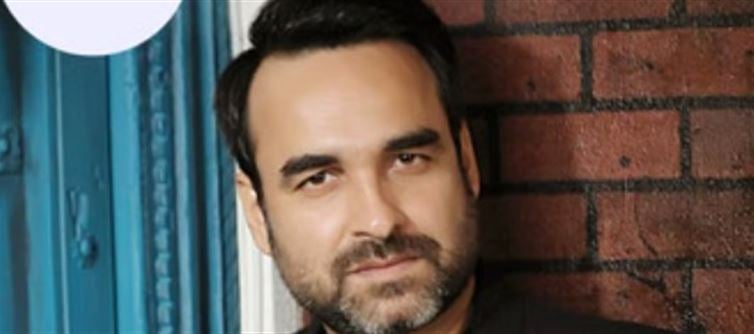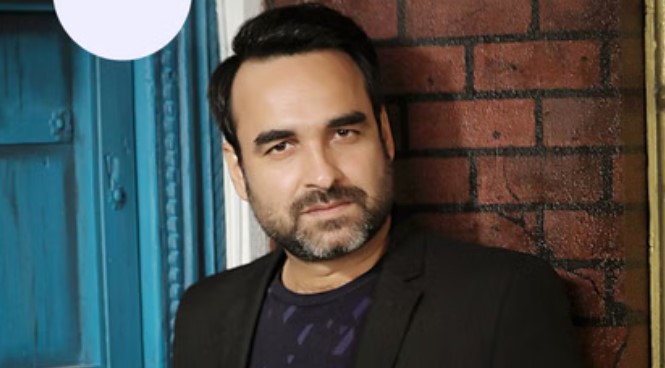
🗣️ pankaj tripathi on hindi Diwas: “Hindi is My Identity, Not Just a Language”
On the occasion of hindi Diwas, celebrated actor pankaj tripathi shared his heartfelt views on the significance of the hindi language in an interview. From his childhood memories to the global reach of hindi content, here are key highlights from the conversation:
Hindi: More Than Just a Language
Pankaj Tripathi says, “Hindi is not just a language, it is my identity.”
Though his mother tongue is Bhojpuri, he considers himself a proud actor of hindi cinema.
Hindi helped him connect with characters, and made his dialogues emotionally powerful.

He believes the beauty of rarely heard hindi words adds to his screen presence.
📚 Childhood Connection with Hindi
Loved reading hindi storybooks like Chanda Mama.
Discovered the Mahabharata in class eight, which he read passionately.
Was deeply influenced by rahul Sankrityayan’s 'Ghumakkad Shastra', which shaped his thinking.
Believes language was the bridge that helped him transition from village life to acting.
🧩 Career in a Proverb
Summed up his career with the idiom: “Moong aur Masoor ki Daal”, meaning to walk on a path without much planning.
Many decisions in his life were unplanned, but turned out to be life-changing.
Credits hindi for giving him recognition, confidence, and growth.
👥 Message for Today’s Youth
Emphasizes that hindi is the language of emotions and expression.
Says, “Without your own language, your feelings stay buried.”
Encourages youth to stay connected with Hindi to express themselves freely and understand others better.
Calls Hindi a source of strength and identity.
🌍 Hindi’s Global Appeal
Notes that hindi stories are being watched across the globe, including in America and Britain.
Says even non-Indians are enjoying hindi content today.
Feels proud that hindi has become a global language for storytelling.
🎥 On the Work Front
Last seen in the romantic drama ‘Metro In Dino’, alongside sara Ali Khan, Aditya Roy Kapoor, and others.
The film explores modern love, relationships, and urban life.
Pankaj Tripathi’s words remind us how language shapes identity and connects us emotionally—locally and globally.




 click and follow Indiaherald WhatsApp channel
click and follow Indiaherald WhatsApp channel